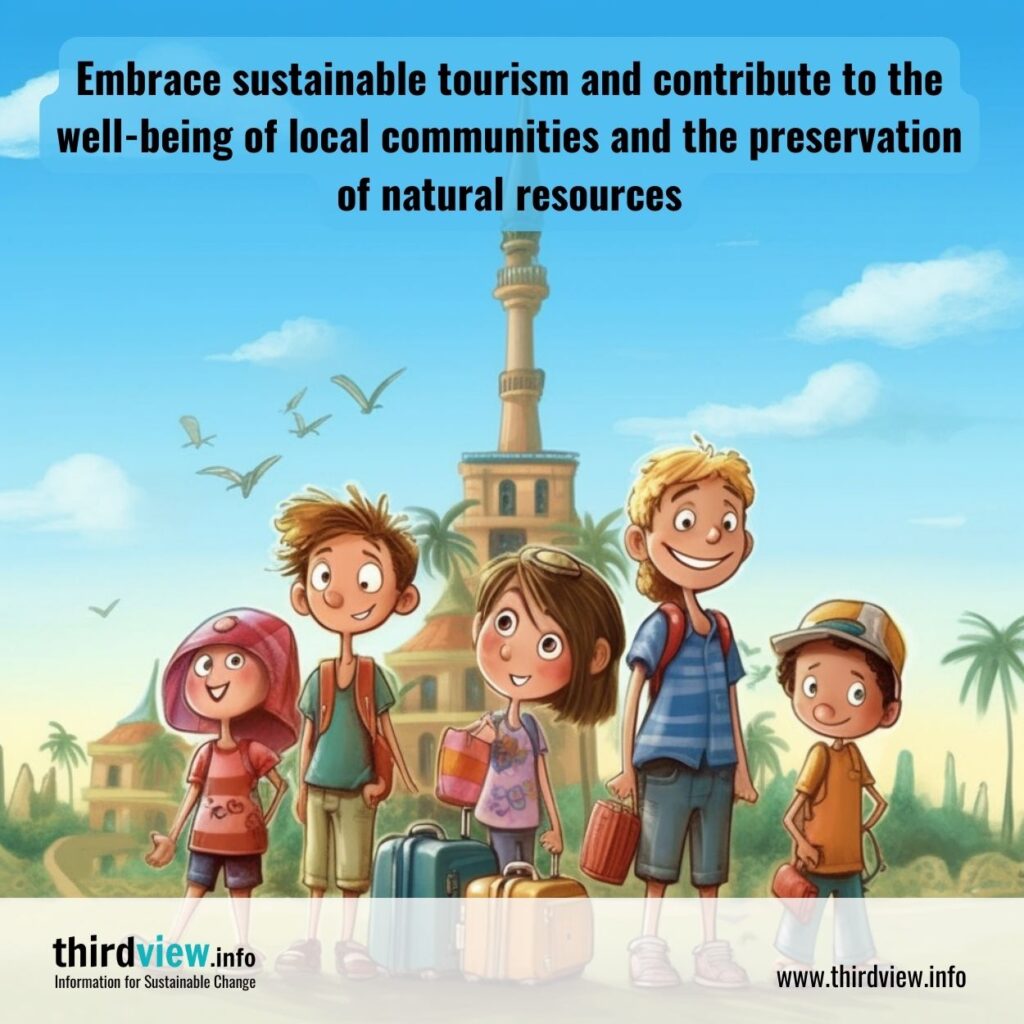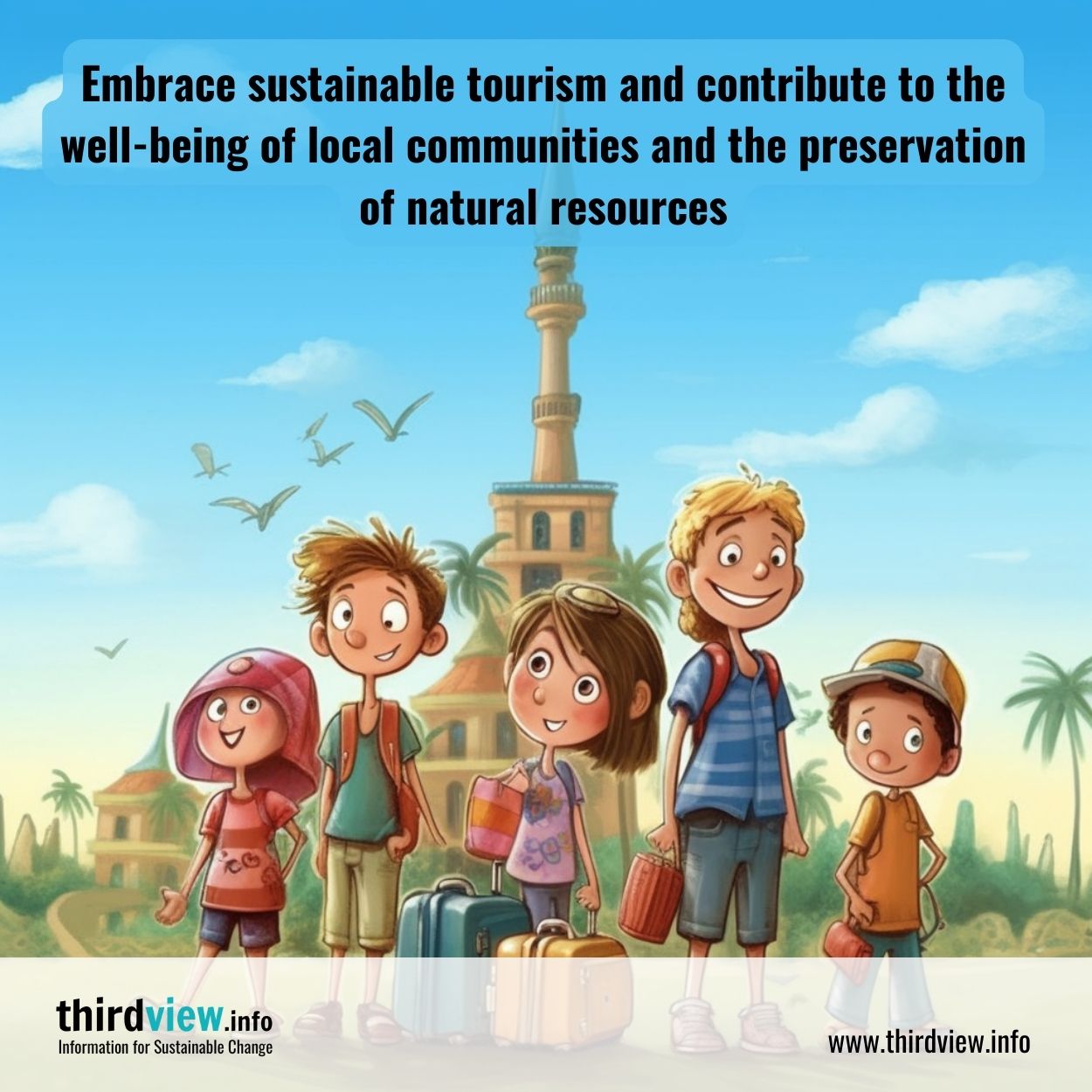Over the years, the tourism industry has contributed greatly to the global economy. Not only does it generate income for the industry participants, but it also creates job opportunities for locals. Nonetheless, the industry has its negative impacts on the environment and the community. Sustainable tourism was, therefore, introduced to reduce the negative consequences of tourism. This approach focuses on preserving the environment, supporting local communities, and protecting cultural heritage. In this blog post, we will explore the benefits of sustainable tourism.
Environmental Conservation
Sustainable tourism promotes environmental conservation by reducing carbon emissions, reducing water, and energy wastage. Sustainable tourism seeks to reduce human impact on natural resources and preserve biodiversity. The initiative is accomplished by encouraging responsible waste management, sustainable use of resources, and the promotion of environmentally friendly practices, such as using renewable energy. These measures not only reduce the negative impacts of tourism on the ecosystem but also ensure the natural beauty of a destination is maintained.
Socio-Economic Development
Sustainable tourism promotes socio-economic development by supporting the local community. Tourists are more likely to engage in activities that help and support local businesses. Sustainable tourism encourages the employment of local workers, which promotes economic growth and opportunities for the community. Furthermore, by supporting the cultural heritage of a destination, it helps preserve the identity of the locals, which contributes to the richness of the destination.
Increased Awareness
Sustainable tourism raises the awareness of tourists to the negative impact of tourism on the environment and the community. It encourages tourists to become more responsible when traveling and make environmentally friendly choices. For example, tourists that stay in sustainable tourism destinations are likely to take shorter showers, turn off the lights, and recycle. They are more likely to reduce their carbon footprint by using public transport, cycling or walking.
Reduced Seasonal Fluctuations
Sustainable tourism helps reduce seasonal fluctuations in the tourism industry. By developing sustainable tourism activities and alternative tourism options, destinations can attract tourists all year round. This approach ensures that income is generated throughout the year, and it minimizes environmental damage associated with the high concentration of tourists during peak seasons.
Improved Quality of Life
Sustainable tourism enhances the quality of life in communities living within tourism destinations. Sustainable tourism introduces job opportunities that contribute to the financial well-being of communities. Additionally, the introduction of sustainable tourism activities ensures that these communities have access to social amenities such as clean water, sanitation, and healthcare, which would otherwise not be developed.
In summary, sustainable tourism has significant benefits in promoting environmental conservation, socio-economic development, increasing awareness, reducing seasonal fluctuations, and improving the quality of life of local communities. Therefore, it is no wonder that sustainable tourism is becoming more popular among tourists today. By supporting sustainable tourism destinations, tourists can have a more positive impact on the environment, enhance the local economy, and preserve the cultural heritage of the destination. Let us embrace the concept of sustainable tourism and preserve the ecosystem and the well-being of local communities.


